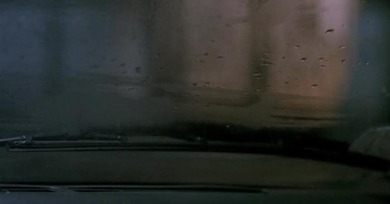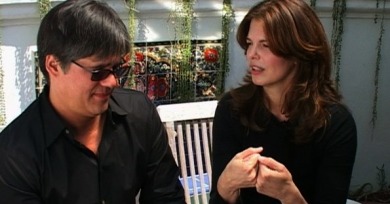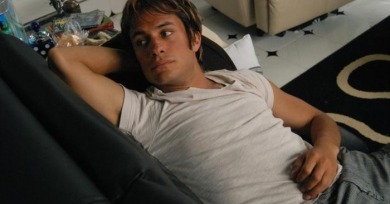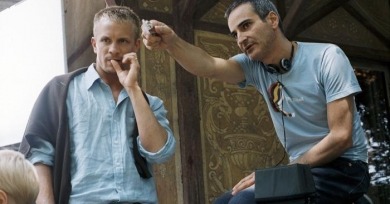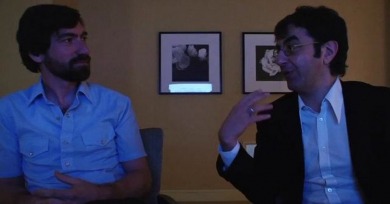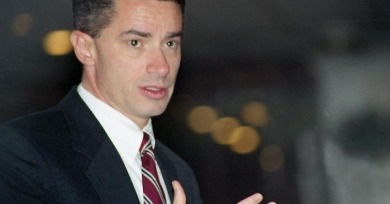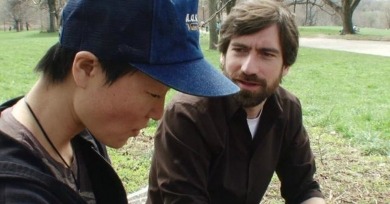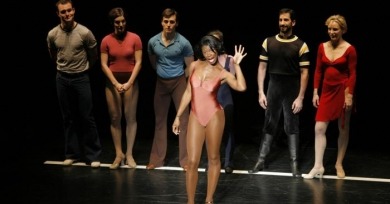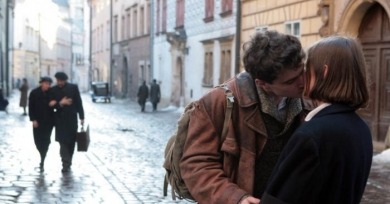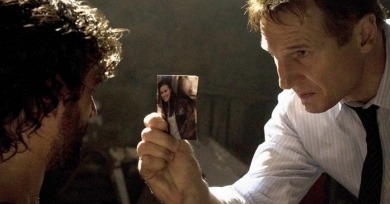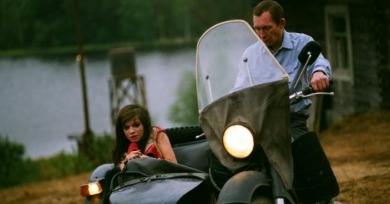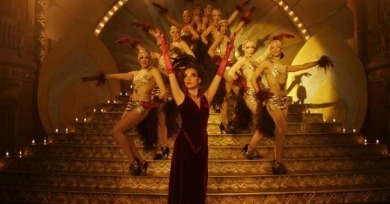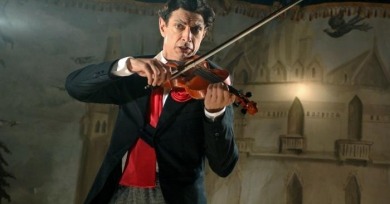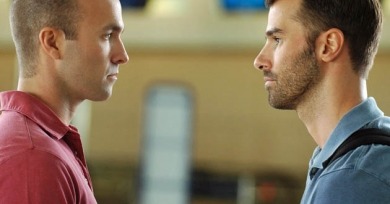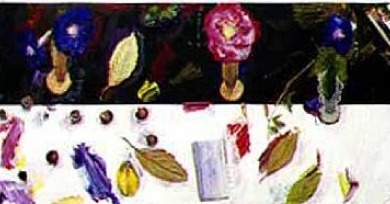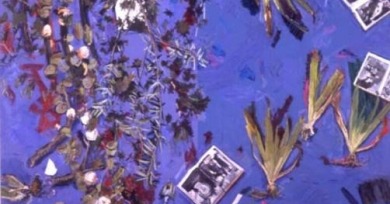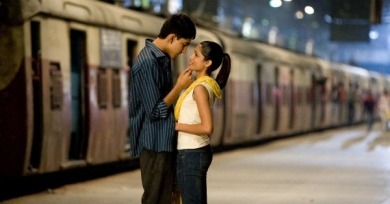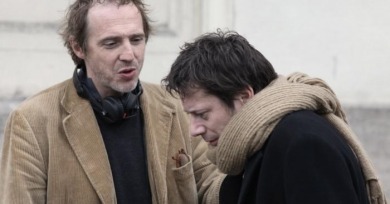Eric Hynes
With Friday Night Denis directs that attention to one woman’s experience over the course of a single night, an interstitial time out of time that would seem to be of little consequence but grows in power partly because of our awareness of and impatience with moments and opportunities squandered.
The best thing about Guest of Cindy Sherman, Paul H-O and Tom Donahue’s shaggy dog documentary about H-O’s unlikely love affair with art star Cindy Sherman, is its unpredictable trajectory.
Rudo y Cursi is an eager-to-please, mainstream entertainment machine. But as in a well oiled, whirring contraption that skips a gear, the moving parts never click into a working film. Tap on it and it topples.
"We process thoughts and feelings as images. They echo within and stay with us. Cinema has a capacity of capturing those moments."
Host Eric Hynes chats with Atom Egoyan (Adoration, The Sweet Hereafter) about watching television, the foresight of Fritz Lang, and the surrealism of the remote control.
A quintessential work of muckraking journalism outfitted as a mainstream talking-head documentary, Outrage doesn’t lack for nerve.
Host Eric Hynes hangs out in Prospect Park with husband/wife filmmaking duo So Yong Kim (Treeless Mountain) and Bradley Rust Gray (The Exploding Girl) and their daughter Sky.
Part tribute to A Chorus Line creator Michael Bennett and part comparative chronicle of both the 1975 original and 2006 Broadway revival of his Tony Award and Pulitzer Prize-winning musical, Every Little Step covers a lot of ground in 90 minutes.
Fifty years after creating the first cinematic account of the Warsaw uprising with Kanal—a classic that put Polish cinema on the international map—octogenarian master Andrzej Wajda offers Katyn, the first film about another WWII tragedy.
Like a stripper bounding from a child’s birthday cake, Taken, the latest lowest-common-denominator genre product from Luc Besson’s Europa Corp assembly line (Transporter, Taxi), has the ignoble distinction of being the first true Bush-era holdover to open after Obama’s inauguration.
Set inside a majestic Art Deco movie house in exquisitely grimy disrepair, with airy, labyrinthine stairwells and damp, dark screening rooms, the film finds surprises around every corner yet preserves the building’s mystery even after 85 exhaustive minutes.
Cargo 200, its title ostentatiously taken from a code word for military casualties during the ill-fated conflict in Afghanistan, and nominally based on a true story, posits another era of madness in mid-eighties, pre-Perestroika Soviet Union.
Last Chance Harvey, the second feature from writer-director Joel Hopkins (Jump Tomorrow), a meet-cute romance for the silver set starring Dustin Hoffman and Emma Thompson, aims to attract the same filmgoers who made Something’s Gotta Give a hit back in 2003.
What do noir, Busby Berkeley, the blues, and funhouse fantasy have in common? As Dark Streets ultimately proves, not much.
There’s no joy to be had in enumerating the shortcomings of Adam Resurrected, an ambitious and long gestating adaptation of a much-admired novel by Yoram Kaniuk.
During a time when American independent cinema either grunts elliptically under moody skies or chatters banally cross-legged on the living room floor, the purposeful, probing dialogue in Yen Tan‘s Ciao feels like a throwback to an entirely different reality.
"Something he said to me a couple of times was, 'I really think I missed the boat on Hitchcock.'”
"That’s always been a great adventure for me, looking at the work of a director. But there’s also the individual film, and the individual moment."
The kids are cute, shots are stylishly skewed, cuts are whip-quick, and rousing remixes of M.I.A.'s ubiquitous "Paper Planes" pop-pop and ching-ching throughout. Poverty can be so much fun.
"One of the things that I think cinema does that no other art does is that you can really have things that are noble and things that are not noble, and they’re of equal value."
